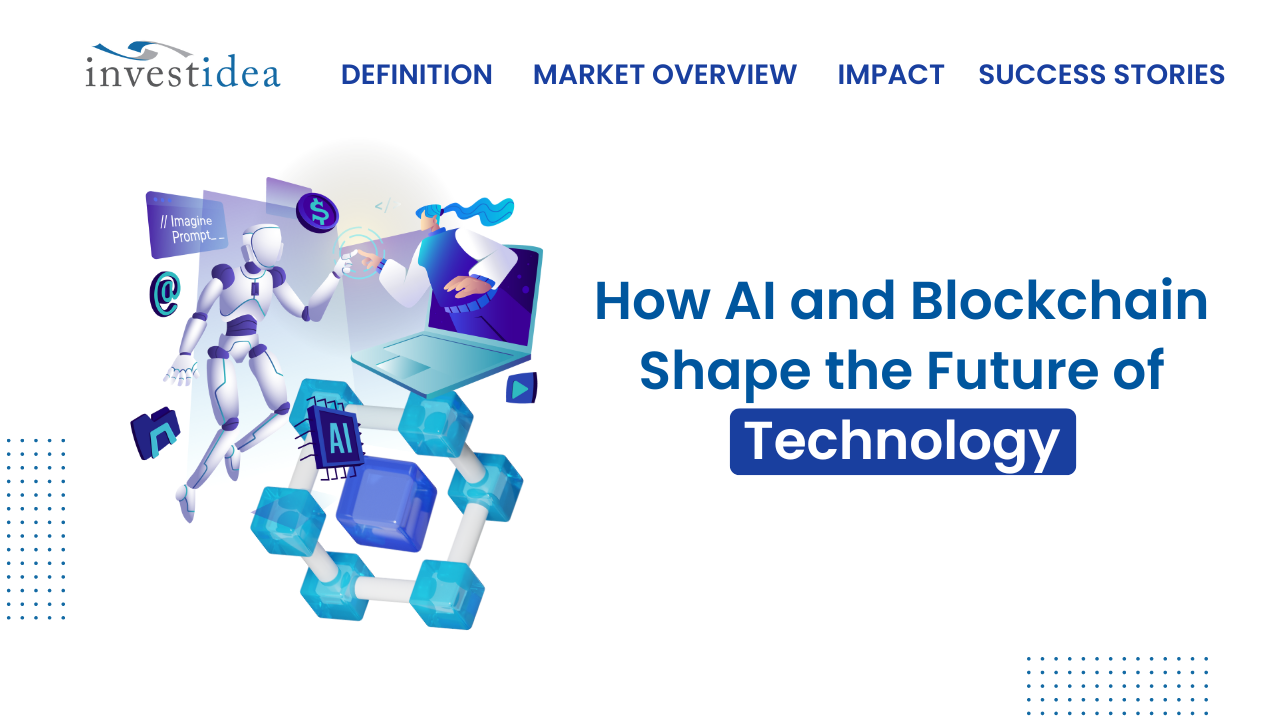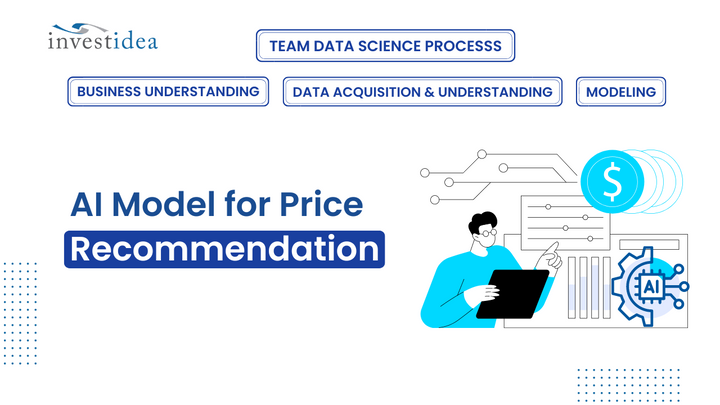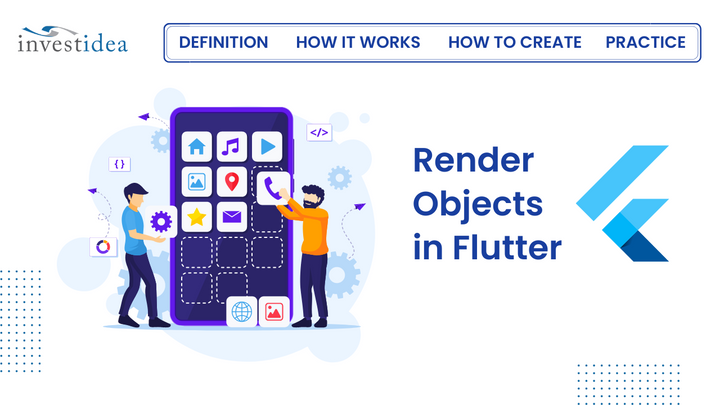How AI and Blockchain Shape the Future of Technology

Technology is changing super fast, and many top-notch technologies are born and significantly changing the business economy. This blog names 02 top-notch technologies: AI and Blockchain which have already proven their strength in many businesses. In this blog, we are more focused on the combination of AI and Blockchain together referring from an overview of the market, and business opportunities to successful user cases and best practices.
Definition
Blockchain AI refers to the integration of artificial intelligence (AI) technologies with blockchain technology. Blockchain, known for its decentralized and secure nature, provides a transparent and immutable ledger for recording transactions. AI, on the other hand, enables machines to perform intelligent tasks and make decisions through algorithms and data analysis. By combining these two technologies, blockchain AI aims to enhance various aspects of businesses and industries.
The blockchain AI market has witnessed significant growth in recent years. Organizations across sectors such as finance, healthcare, supply chain, and logistics are recognizing the potential of this fusion. In finance, blockchain AI can automate processes like fraud detection, risk assessment, and smart contract management, thereby improving efficiency and reducing costs. Supply chain and logistics companies can benefit from improved tracking, transparency, and optimization through blockchain AI solutions.
Market Overview

Global Blockchain AI Market size was valued at USD 358.0 Million in 2022 and USD 448.5 Million in 2023 to reach USD 2,725.2 Million by 2031, at a CAGR of 25.3% during the forecast period (2024-2031).
Impact of AI & Blockchain integration
Benefit of AI in Blockchain

Similar to the benefit of AI in fintech, AI will support the best in Blockchain on optimization such as:
1- Enhanced Transaction Efficiency
One of the most sought-after benefits of AI in blockchain is enhanced transaction efficiency. P2P transactions in a Blockchain system currently cost $9067 billion annually due to redundant tasks performed by each node. AI can identify the node likely to deliver the solution first, allowing the others to cease their efforts. This reduces costs and boosts system efficiency.
2- Augmented Security Measures
The integration of AI brings natural language processing, image recognition, and real-time data transformation capabilities to Blockchain’s peer-to-peer linking. This combination enables data miners to convert large-scale systems into micro-economic environments, securely optimizing data transactions with the flexibility provided by Machine Learning intelligence.
3- Improved Scalability
Artificial Intelligence offers solutions to the Blockchain scaling challenge by introducing advanced decentralized learning systems and novel data-sharing techniques. This improves efficiency and creates opportunities for startups and enterprises in the Blockchain ecosystem.
Benefit of Blockchain in AI
Blockchain has a lot of potential features supporting AI such as:
1- Enhanced Data Quality

Data is the fundamental ingredient of AI. Before considering any of AI's "magic," we must first work with data, and one of the most time-consuming tasks we face daily is data cleaning. This process is crucial as it greatly impacts the accuracy of our AI model results. However, it is also one of the most time-consuming aspects, accounting for 60% of a data scientist's job. Now, imagine if most of the data were stored and structured on a blockchain—this would enhance data quality and significantly support the AI development process.
2- Remove Data Barriers

Data privacy remains a significant concern in business. Since blockchain provides a secure platform for data storage, moving more data to blockchain could lead to better, easier, and more secure data management, especially in data transfer and sharing. With this support, companies can collaborate more effectively and explore the potential of data insights without compromising security.
3- Increase Computing Power Capacity

FLOPS is a standard measure of computing power – "Floating Point Operations Per Second". So, a 1 FLOP machine will perform one "operation" in a second. Referring to the above FLOP scale history, we can observe a significant gap between the current demand for computing power and the available capacity. Addressing this gap, leveraging blockchain technology to increase shared computing power for processing and running AI models could provide tremendous support. This would be a game-changing solution for the current market.
Success stories
AI and blockchain are being utilized by companies such as BurstIQ, SingularityNET, Fetch.ai, Matrix AI, Althea AI, and Bext360 to enhance processes and propel innovation.
BurstIQ: healthcare

A revolutionary “Health Wallet” solution is offered by the healthcare provider BurstIQ, which can be found online. The platform manages patients’ information by integrating AI, blockchain technology, and large amounts of data.
The BurstIQ wallet gives medical staff a secure way to access their electronic medical records and participate in wellness programs. The platform gives medical professionals the ability to share patient data for research.
The use of blockchain technology protects the confidentiality of patient information and maintains patient privacy. This approach strikes a balance between the sharing of data and the protection of privacy, therefore allowing for the advancement of medical research without putting confidential information at risk.
NFT & metaverse: Matrix AI & Alethea AI


Matrix AI and Alethea AI develop AI tools for metaverse avatars. A protocol for intelligent non-fungible tokens (iNFTs) is currently being developed by Althea AI. Through the use of machine learning, NFTs can learn to respond to cues provided by users.
Matrix AI enables users to create highly realistic metaverse avatars. It analyzes facial features, body structure, and voice patterns to create accurate avatars. This enhances immersion in the metaverse.
Recommendation
By combining the advantages of these two top-notch technologies—AI and Blockchain—their future impact on the technology market over the next five years will be significant. If you're interested in AI, Blockchain, or both, don't hesitate to connect with us at hello@investidea.tech. We can share successful case studies and offer tailored consultations on integrating AI and Blockchain into your products.



![[S1.03] AI Consultant Business Model](/blog/content/images/size/w720/2024/06/S1.-02--1-.png)
Comments ()